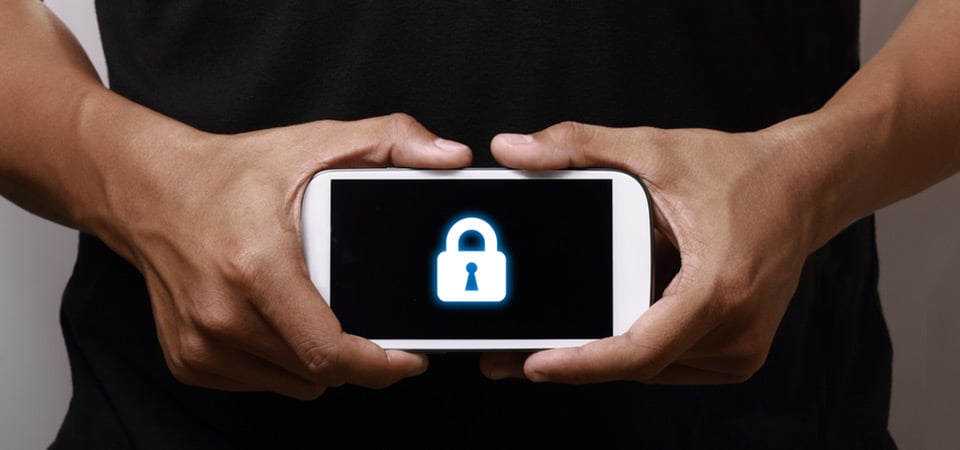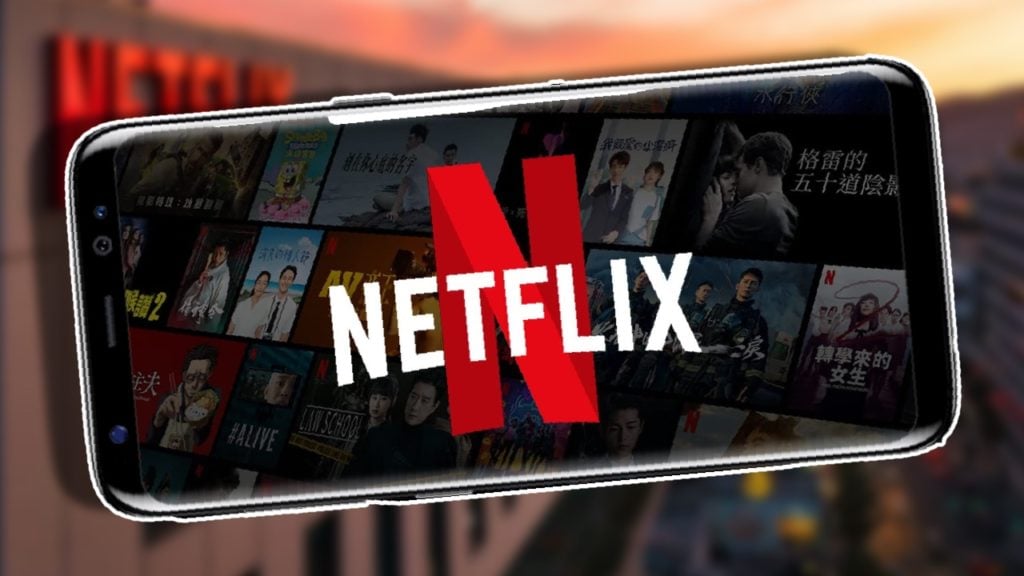If you’re reading these words without a VPN, you might feel exposed—and for good reason. While we're not tracking your location, the internet can be a risky place without proper protection.
Navigating the web without a VPN is akin to broadcasting your personal details—your name, address, email, phone number, and ISP—for anyone to see. It's a privacy concern that many of us overlook, despite valuing our personal security.
Interestingly, only about a third of internet users globally use a VPN, and even fewer protect their mobile devices, which are frequently connected to public networks. Let's explore why safeguarding your Android phone is crucial, easy, and can even be enjoyable.
What Is a VPN, Anyway?

For those new to the concept, VPN stands for Virtual Private Network. A VPN masks your IP address—a unique identifier that reveals your online activities and location—with that of an anonymous server used by many others.
With a VPN installed, your personal data remains hidden from prying eyes, including your ISP. It creates a secure tunnel between your device and the VPN server, safeguarding your information from cybercriminals, especially when using public Wi-Fi networks.
Even at home, a VPN keeps your location and other sensitive details private, adding an extra layer of security.
VP(fu)N

Beyond security, VPNs offer a world of possibilities. If a website or service is censored in your country, simply connect to a server in a different country. Most VPNs provide a global network of servers, making this easy.
Similarly, if content is region-locked due to licensing or commercial restrictions, a VPN lets you bypass these barriers effortlessly. This is particularly useful for accessing different Netflix libraries, YouTube content, local news, and region-specific mobile games.
The surprising part, especially if you're new to VPNs, is how user-friendly they are. Despite the technical-sounding name, using a VPN is as simple as downloading an app, signing up, and selecting a server location on a world map.







